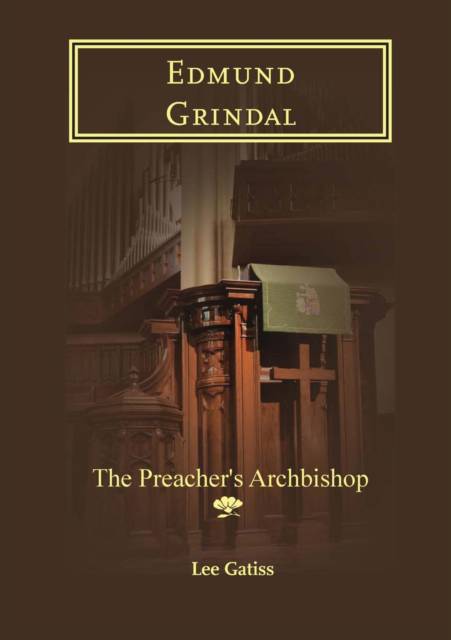
- Retrait gratuit dans votre magasin Club
- 7.000.000 titres dans notre catalogue
- Payer en toute sécurité
- Toujours un magasin près de chez vous
- Retrait gratuit dans votre magasin Club
- 7.000.0000 titres dans notre catalogue
- Payer en toute sécurité
- Toujours un magasin près de chez vous
Description
Edmund Grindal (1516-1583) enjoyed a glittering career in the Church of England under Edward VI and Elizabeth I. The first generation of English Reformers saw in him the maturity and character to handle the temptations of preferment without losing the passion to reform or the backbone to resist intimidation. Yet he put it all on the line in a turbulent confrontation with Elizabeth I over the issue of freshly-prepared, locally-applied preaching. He saw this as God's instrument for the conversion of England; she wanted it massively restricted. In his defence of biblical preaching, and the training conferences he saw as key to its growth and success, we observe the courage of a man who tried to protect the church's doctrine from unwarranted outside interference. "When many acquire the habit and reputation for jettisoning their principles for the sake of preferment and advance, let us hope to be inspired by those like Grindal, who are prepared to suffer professionally and politically when a clear but difficult stand becomes necessary." Lee Gatiss, from the lecture "There can be little doubt that the power of Christianity and, by extension that of the local church, is to a great extent a function of the vitality of preaching. In this lively and well researched essay Lee Gatiss shows the contribution of Archbishop Grindal as the latter took on Queen Elizabeth I to defend the role of preaching in the nascent National Church. Often vilified for his Protestantism, and weakness as leader of the Church, we are shown a different picture of a man of spiritual insight, courage, and faith. I have no doubt that this is as relevant for our day as it was four hundred years ago." Lord Carey of Clifton Lee Gatiss is Director of Church Society, Adjunct Lecturer in Church History at Wales Evangelical School of Theology, and Editor of The NIV Proclamation Bible. He has ministered in several Anglican churches and is the author / editor of many books and articles on theology, biblical interpretation, preaching, and church history including The True Profession of the Gospel (2010), Preachers, Pastors, and Ambassadors (2011), and For Us and For Our Salvation (2012) published by the Latimer Trust.
Spécifications
Parties prenantes
- Auteur(s) :
- Editeur:
Contenu
- Nombre de pages :
- 50
- Langue:
- Anglais
Caractéristiques
- EAN:
- 9781906327194
- Date de parution :
- 24-09-13
- Format:
- Livre broché
- Format numérique:
- Trade paperback (VS)
- Dimensions :
- 148 mm x 210 mm
- Poids :
- 72 g

Les avis
Nous publions uniquement les avis qui respectent les conditions requises. Consultez nos conditions pour les avis.






